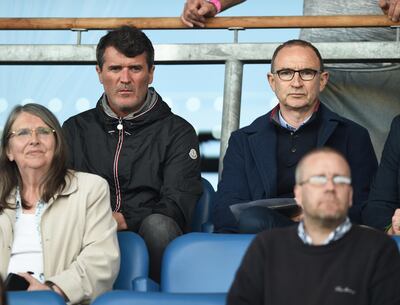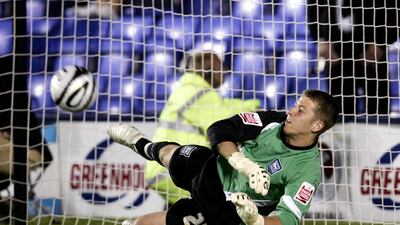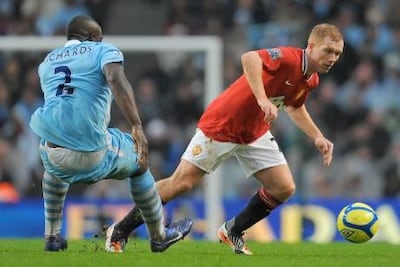As France take to the pitch against the Republic of Ireland at Stade de France on Monday evening in a World Cup warm-up for Les Bleus, there will be plenty of players on show with illustrious careers already served, and others with bright futures ahead.
The likes of Antoine Griezmann, N'Golo Kante and Paul Pogba know all about hefty transfer fees and silverware, and already have enough footballing fairytales to fill a book or two.
Then, on the Irish side, there is the curious case of Shane Supple, who is in possession of one of football's more unusual stories.
The 31-year-old goalkeeper has received his first international call-up after impressing manager Martin O'Neill with his club form for Bohemians in the League of Ireland. But such a turn of events seemed incomprehensible nearly a decade ago.
The trend these days is for players to call time on their international career in an effort to prolong their club career. Supple, at just 22, turned his back on football completely.
“There is no one reason why I have made my decision, there are a number of factors but deep down my heart is not in the game anymore and I’m not going to go into work every day trying to convince myself that it is so it’s the right time for me to walk away," he said in 2009 after announcing his retirement.
It was not as if Supple was grinding away in the lower leagues, scrambling for a contract to stay in the game and make a career.
He was playing in England's second tier for Ipswich Town, mainly as back-up to former England international Richard Wright. He made 38 appearances, represented Ireland's under 21s and, from the perspective of someone who was at the majority of his first-team matches, was capable of becoming the long-term replacement for Ireland's number 1 Shay Given.
It takes a strong mind to walk away from the riches afforded by the sport, and a possibly an even stronger mind to walk into the office of Roy Keane, Supple's manager at the time, to tell him he has had enough.

"He was a bit shocked when I told him and I expected that but he understood my reasons," Supple said.
Keane wrote in his second autobiography, The Second Half, that when Supple came to see him he could see it in his eyes that his mind was made up and he admired him for the decision he had made. Keane gave Supple the option of coming back but he said he knew he was wasting his time.
Supple later delved deeper into the reasons for his exit, revealing that the decision had been brewing for years as he missed home, but the main problem was the attitude shown by other players.
"I got into the first team and I saw that some of the lads didn't really care whether we won or lost. I didn't really like that, that was disillusioning," he told the Daily Mail. "Even if I could have afforded to drive a Bentley, that's not what I was in it for. Some seem to think it's about flashiness, the big house, big money, cars. That wouldn't be my take on things."
"My dad came over for the Boxing Day game and I remember saying to him then, ‘I don’t think this is the thing for me. I don’t like what I’m seeing’."
Supple has come face to face with Keane again - he is Ireland's assistant manager - and said he planned on thanking him for looking after him at a time when he needed to escape.
Football was out, but Supple continued in sport, playing Gaelic football to a decent standard. He went back into education and planned to join the Irish police until a recruitment freeze ended that. He eventually founded a goalkeeping academy and was asked to help out local side Crumlin Town when they needed a glovesman. His career was reborn and he was back in the professional arena with Bohemians in 2016.
Similar tales of players turning their back on the sport and returning years later at the top level are hard to come by in modern times - mostly because of the fitness problems once a footballer stops training five times a week.
Paul Scholes is the standout case of a successful comeback after retiring. The Manchester United midfielder quit after the 2011 Champions League Final defeat to Barcelona, but returned against Manchester City the following January for what proved to be a big surprise to his teammates - Alex Ferguson didn't tell the squad Scholes was playing until they were in the dressing room before the match.
Scholes went on to fully retire in May 2013 after collecting another Premier League title.
And while Supple's comeback may lack the silver lining of Scholes', his story has that extra romance about it - the man who fell back in love with football, and earned heart-warming recognition on a summer's night in Paris.



